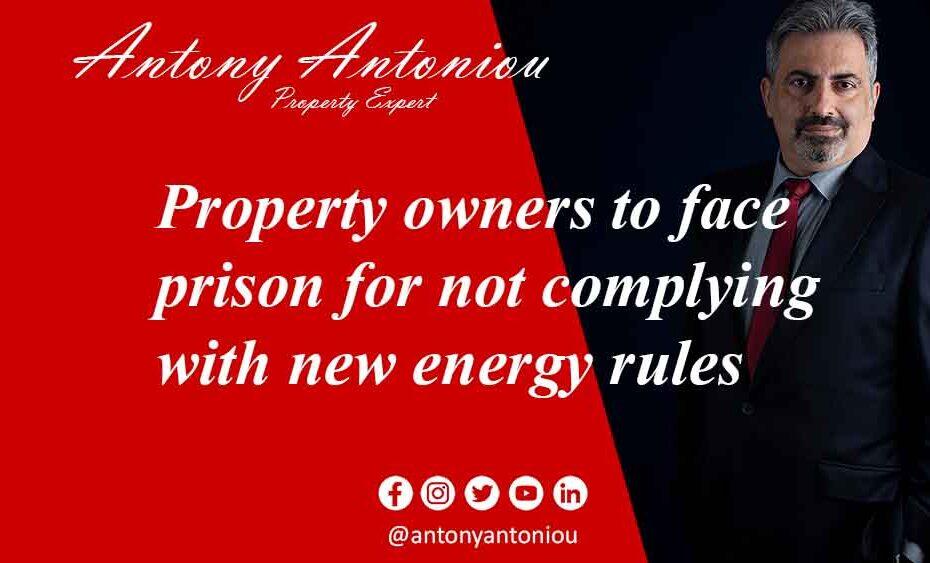Property owners to face prison for not complying with new energy rules
Ministers want to grant powers to create new criminal offences and increase penalties as part of efforts to hit net zero targets
New Energy Efficiency Rules: Property Owners Facing Prison and Backlash
In a controversial move that has ignited strong reactions from Tory MPs, the UK government is considering the possibility of imprisoning property owners who fail to comply with new energy efficiency regulations. These proposed measures are part of the government’s broader efforts to achieve its net-zero emissions targets, but they have raised concerns about criminalizing homeowners, landlords, and businesses.
Under the envisioned regulations, individuals who do not adhere to energy consumption reduction guidelines could face penalties as severe as a year in prison and fines reaching up to £15,000. These proposals are detailed in the contentious Energy Bill, set to be discussed in the House of Commons following the summer recess.
The Energy Bill aims to empower authorities to establish “criminal offences” for non-compliance with energy performance regulations, including penalties for the provision of false information regarding energy efficiency and obstruction of enforcement authorities. This bill represents a significant shift as it replaces and reinforces the previous rules based on EU energy performance certificates (EPCs), which are no longer in effect.
Government representatives argue that these new powers are necessary to amend existing criminal offences under the current regulatory framework, and the amendments will ensure that landlords, businesses, and tenants have access to essential information to make informed decisions regarding energy efficiency in their properties.
However, these proposals have sparked considerable opposition from within the Conservative Party. Concerns have been raised about the potential for ministers to create new offences with limited parliamentary oversight. Craig Mackinlay, the head of the Net Zero Scrutiny Group, has even proposed an amendment to remove the “open-ended and limitless” powers from the legislation. He emphasizes the potentially severe consequences for business owners, who could face imprisonment for not possessing the correct energy performance certificates or building certifications.
Former Energy Secretary Sir Jacob Rees-Mogg has expressed his disapproval of the use of statutory instruments to establish new offences, asserting that criminal offences are a profound exercise of state power and should undergo rigorous constitutional scrutiny.
Critics argue that these measures are a heavy-handed approach to advancing net-zero goals. Sir John Redwood, the Tory MP for Wokingham, has described them as “over the top” and a “clumsy intervention.” He believes that promoting energy efficiency should involve offering assistance and grants to property owners rather than resorting to punitive measures.
While statutory instruments do require approval by the House of Commons, they are typically passed without significant opposition, with none having failed to pass in the past 35 years.
As discussions on the Energy Bill unfold, it remains to be seen whether the government will proceed with these controversial measures. Critics and supporters alike will closely watch how these proposed regulations evolve in the coming months.

